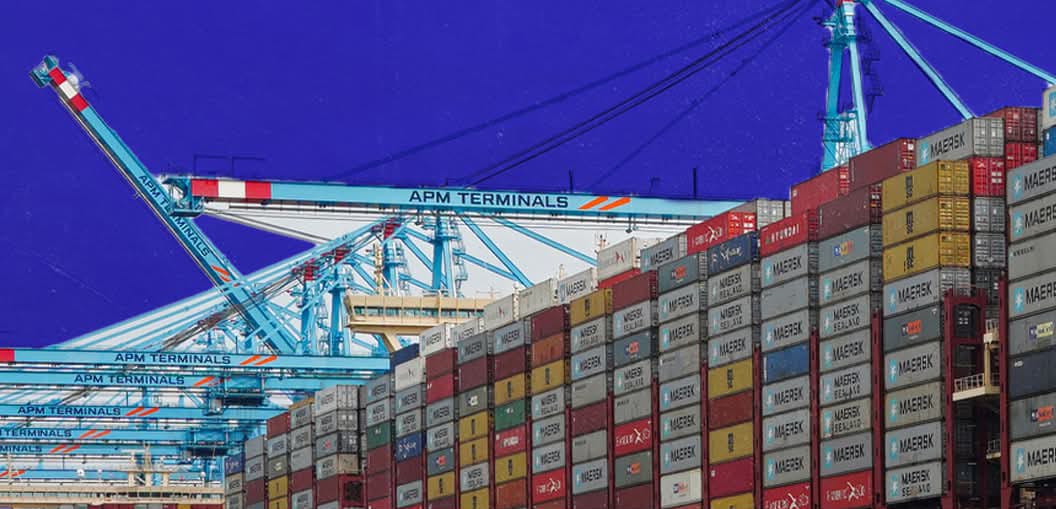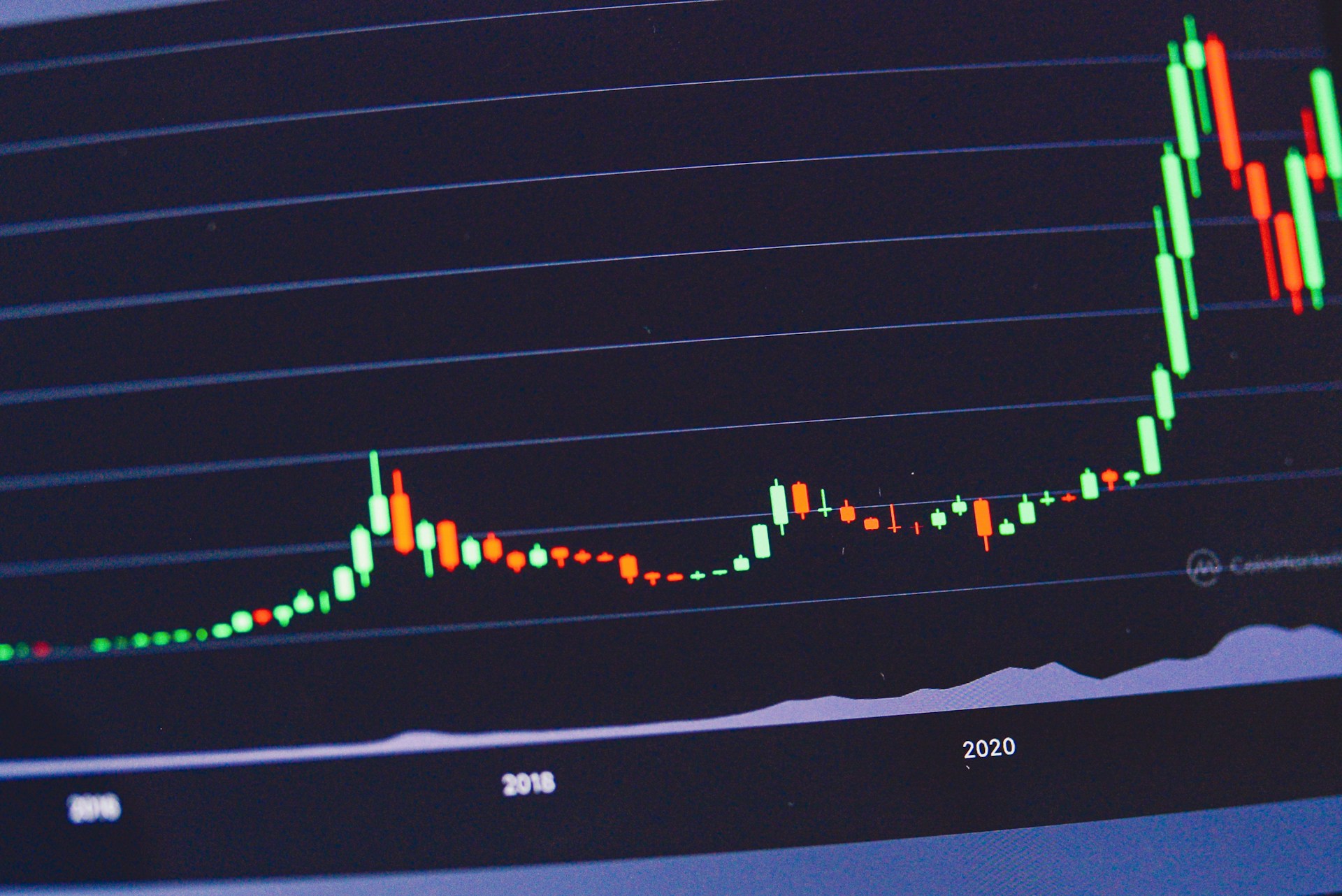Casablanca– The United Nations Conference on Trade and Development (UNCTAD) has released its latest report on economic development in Africa, highlighting Morocco as the second-largest exporter of services on the continent. With an annual average of $16.2 billion in service exports between 2019 and 2021, Morocco ranks just behind Egypt, which leads with $20.6 billion, while South Africa follows in third place with $11.2 billion.
A key player in Africa’s service trade
Morocco’s strong performance in the services sector underscores its growing role in regional and international trade. The country benefits from a diverse economy and a robust regulatory framework, which contribute to its resilience in the face of global economic fluctuations. However, the UNCTAD report also points to persistent challenges, including infrastructure deficits and non-tariff barriers that continue to hinder intra-African trade.
Despite these obstacles, Morocco has established itself as one of the most competitive service-exporting economies in Africa. The country’s ability to maintain steady export growth reflects its strategic focus on economic diversification, particularly in industries such as finance, telecommunications, and tourism.
Impact of the COVID-19 pandemic
The report highlights how the COVID-19 pandemic exposed vulnerabilities in economies heavily reliant on services, including Morocco. The tourism and transport sectors, which are vital to the country’s economy, were severely impacted by global restrictions and reduced demand. Alongside Egypt, South Africa, and Tunisia, Morocco experienced economic disruptions that underscored the need for further diversification and policy adjustments.
Trade barriers and regional integration
Infrastructure development and trade efficiency remain critical factors for economic growth. According to UNCTAD, Morocco is among the African nations with the best trade logistics performance. However, non-tariff barriers continue to pose significant challenges. The report notes that regulatory obstacles and trade rules unrelated to tariffs are three times more restrictive to regional trade than customs duties. These limitations have slowed the progress of the African Continental Free Trade Area (AfCFTA), which is expected to unlock an estimated $3.4 trillion in economic opportunities across the continent.
Regulatory framework and investment climate
Morocco’s regulatory environment is recognized as one of the most favorable in Africa. Alongside countries like Botswana, Cabo Verde, Mauritius, and South Africa, Morocco has demonstrated strong resilience to trade risks due to its diversified economy, political stability, and well-developed connectivity. The report further highlights the country’s commitment to strengthening economic ties within Africa through numerous trade agreements and investment treaties. Morocco currently has:
- 76 bilateral investment treaties in total
- 12 treaties with investment provisions
- 51 bilateral investment treaties in force
- 9 treaties with investment provisions in force
These agreements reflect Morocco’s long-term strategy to enhance trade relations across the continent and solidify its position as a regional economic hub.
Future prospects for economic growth
While challenges remain, Morocco continues to invest in key sectors that drive economic resilience and growth. Strategic reforms in infrastructure, trade policies, and regional cooperation are expected to further strengthen the country’s position in Africa’s economic landscape. The modernization of logistics networks, expansion of export industries, and reduction of trade barriers are among the measures that could boost Morocco’s competitiveness in the coming years.
The UNCTAD report emphasizes that Morocco has the potential to convert its economic vulnerabilities into opportunities through targeted policies and sustained investment. As Africa moves toward greater economic integration, Morocco’s proactive approach positions it as a leading force in shaping the future of trade and development on the continent.
















